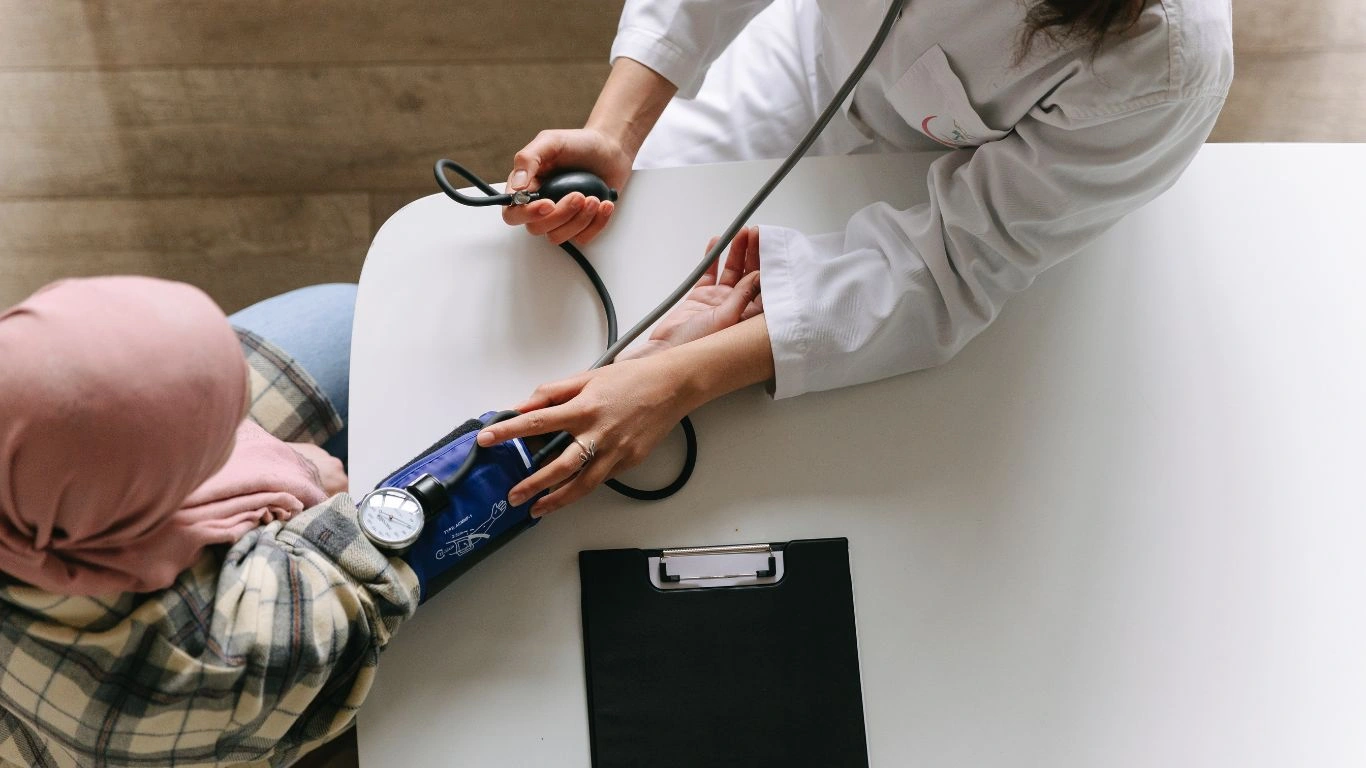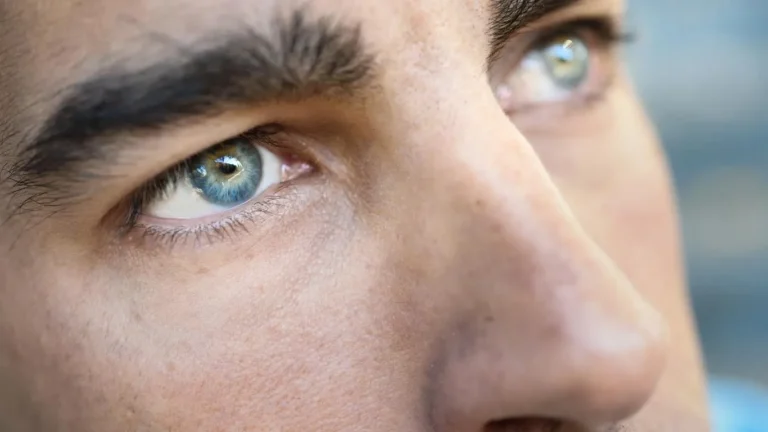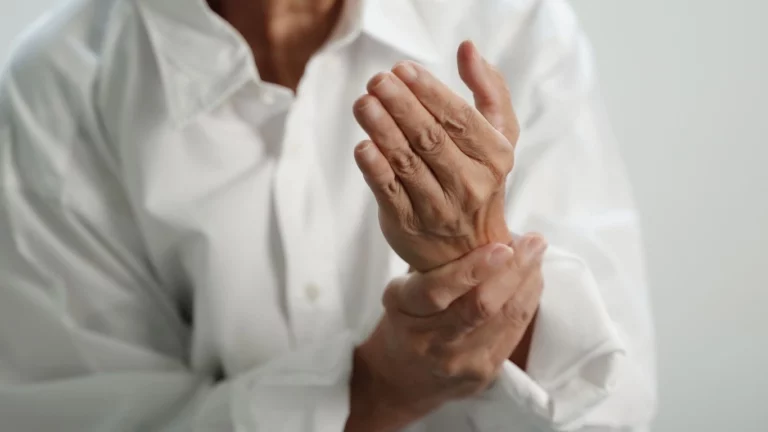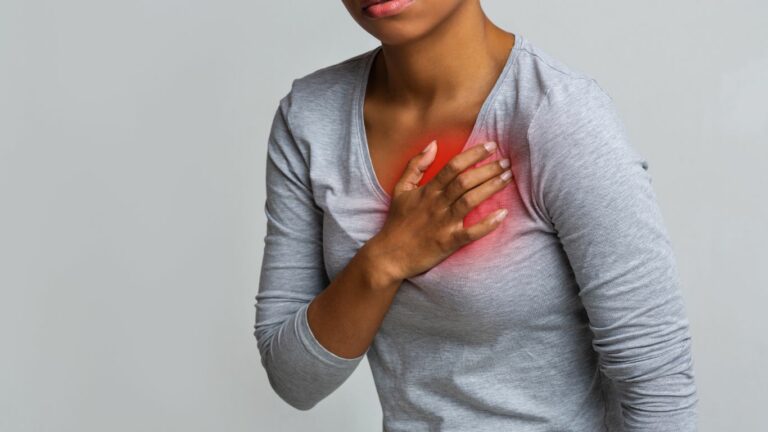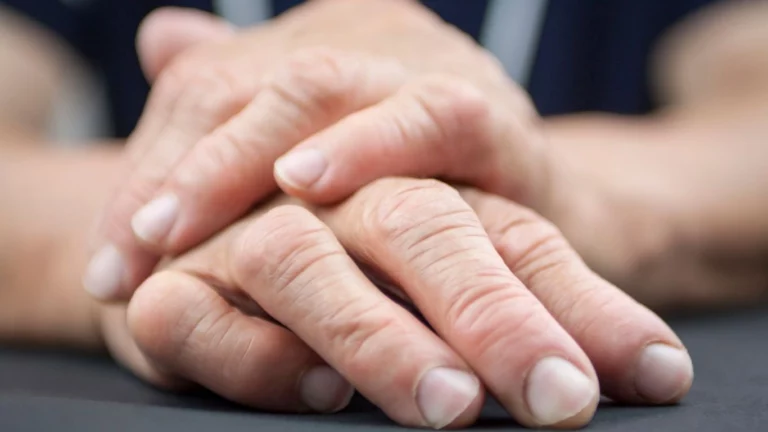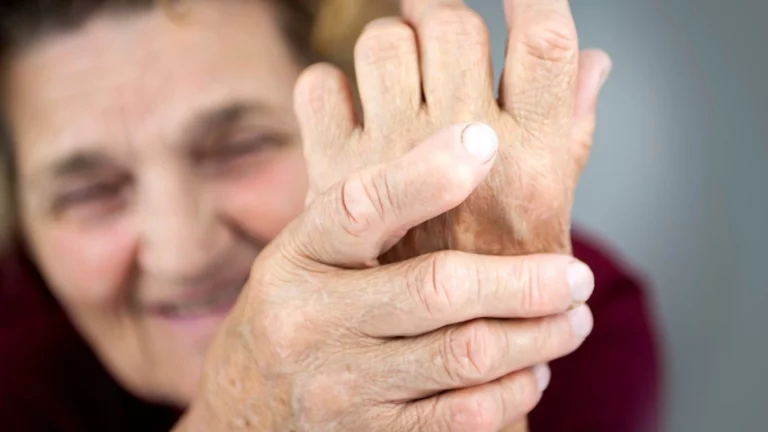How Hot Weather Can Negatively Impact Your Blood Pressure
When summer heat sets in, many people feel tired or dizzy. But if you have high or low blood pressure, hot weather might do more than make you sweat. It could affect your blood pressure in ways you didn’t expect. Understanding how heat influences blood pressure can help you stay safe during hot months.
Understanding Blood Pressure and Your Body
Blood pressure is the force of blood pushing against the walls of your arteries. Your heart pumps blood through a network of vessels to deliver oxygen and nutrients to your body. This pressure is vital—but too much or too little can be harmful.
Your blood pressure naturally changes throughout the day. It may rise when you’re active or stressed and lower when you’re resting or asleep. A healthy range is generally considered around 120/80 mmHg, though this can vary slightly between individuals.
When temperatures rise, your body has to work harder to keep cool. This can influence how your blood vessels behave and, in turn, how your blood pressure responds. Knowing how your body reacts to heat can help you make smart choices to protect your health.
How Heat Affects Blood Pressure
In hot weather, your body tries to stay cool through a process called vasodilation. That means your blood vessels widen to help heat escape through the skin. This can lower your blood pressure because your blood has more room to flow.
For most people, this drop is small and not dangerous. But for others—especially older adults or people taking certain medications—it can be more serious. Blood pressure may fall too low, leading to dizziness, fainting, or even falls.
On the flip side, some people might actually see their blood pressure rise. This can happen due to dehydration, which makes your blood thicker and harder to pump. The stress of heat on the body may also contribute to higher readings.
Possible Reasons Why Hot Weather Affects Blood Pressure
Everyone reacts differently to heat, but here are some common reasons why hot temperatures may impact your blood pressure:
- Dehydration: When you sweat a lot and don’t replace fluids, your blood volume drops. This can cause your pressure to fall.
- Vasodilation: Heat causes your blood vessels to widen, which can lead to lower blood pressure.
- Medications: Some drugs, like diuretics or beta-blockers, can increase your risk of low blood pressure in the heat.
- Physical strain: Exercising or doing hard work in the heat puts stress on your heart and may raise your blood pressure temporarily.
- Heatstroke: In severe heat, your body can overheat. This is a medical emergency and can throw off your blood pressure dramatically.
If you’re managing blood pressure with medication, it’s especially important to be cautious in hot weather. Talk to your doctor about any side effects and how to adjust your routine in the summer months.
Signs Your Blood Pressure Might Be Affected by Heat
It’s not always easy to tell if the heat is messing with your blood pressure. But here are some symptoms to look out for:
- Feeling lightheaded or dizzy
- Headaches that seem worse in the heat
- Unusual fatigue or weakness
- Rapid heartbeat or palpitations
- Nausea or fainting
These signs can show up whether your blood pressure is too high or too low. If you’re unsure, checking your blood pressure at home can help you stay on track. Portable monitors are widely available and easy to use.
Who’s Most at Risk?
While heat can affect anyone, some people are more vulnerable than others. You may need to be extra careful if you fall into one of these groups:
- Older adults: Aging makes it harder to regulate body temperature and blood pressure.
- People with chronic conditions: Heart disease, diabetes, or kidney problems can worsen in the heat.
- Those taking certain medications: Diuretics, beta-blockers, and some antidepressants may make you more sensitive to heat.
- People who work outdoors: Constant sun exposure and physical activity can increase the risk of dehydration and heat-related illness.
If you’re in one of these groups, try to stay indoors during the hottest part of the day and drink fluids regularly—even if you’re not thirsty.
Tips to Stay Safe in Hot Weather
Luckily, there are simple ways to protect your blood pressure when the temperature rises. Try these tips:
- Drink plenty of water throughout the day
- Wear loose, light-colored clothing
- Stay in the shade or air-conditioned spaces
- Limit outdoor activity during peak heat hours (10 a.m. to 4 p.m.)
- Check your blood pressure regularly if you’re sensitive to heat
- Avoid caffeine and alcohol, which can dehydrate you
These habits are easy to build and can make a big difference in how your body handles summer weather. Keeping cool helps more than your comfort—it protects your health.
When to Call Your Doctor
Most summer-related changes in blood pressure are mild. But if you experience serious symptoms like chest pain, confusion, fainting, or shortness of breath, seek medical attention right away. These could be signs of a serious problem like heatstroke or a heart issue.
Also, if you notice that your blood pressure readings are consistently off—too high or too low—it’s a good idea to speak with your healthcare provider. They may suggest adjusting your medication, checking for dehydration, or scheduling follow-up tests.
Your doctor can help you create a plan to manage blood pressure safely in every season. Don’t wait until you feel sick—getting ahead of the heat can help you stay well.
Staying mindful of how heat affects your body is a simple but important step in protecting your blood pressure. A few smart habits and a bit of planning can go a long way. If you’re ever unsure, a quick check-in with your doctor is the best way to stay safe and healthy.

Dr. Gwenna Aazee is a board-certified Internal Medicine Physician with a special focus on hypertension management, chronic disease prevention, and patient education. With years of experience in both clinical practice and medical writing, she’s passionate about turning evidence-based medicine into accessible, actionable advice. Through her work at Healthusias.com, Dr. Aazee empowers readers to take charge of their health with confidence and clarity. Off the clock, she enjoys deep dives into nutrition research, long walks with her rescue pup, and simplifying medical jargon one article at a time.

